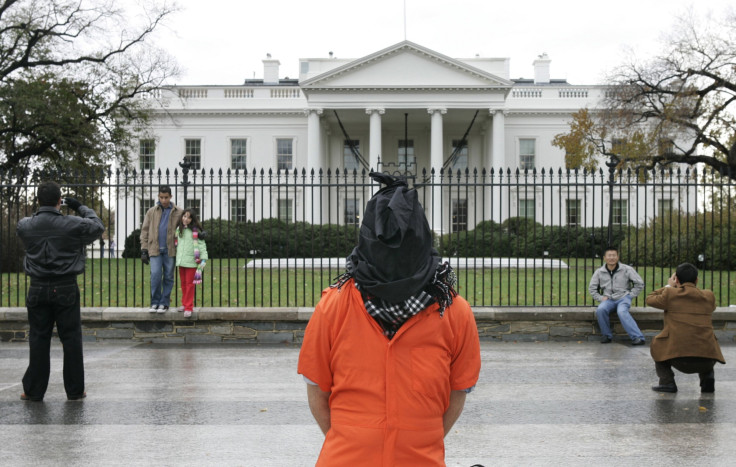UN Committee Against Torture Asks American Officials To Answer For Lapses In Complying With Treaty

The U.N. Committee Against Torture interrogated American officials on Wednesday about lapses in complying with an international anti-torture treaty. The panel, which is conducting a two-day hearing in Geneva, focused on the country's interrogation techniques and torture of detainees, suspected to be involved in terrorism, since the 9/11 attacks.
Italy’s Alessio Bruni, one of the panel’s chief investigators, asked the senior American delegation to explain the violations, including secret prisons run by the CIA and the brutality of the methods employed at its prison in Cuba's Guantanamo Bay as well as the conditions at the prison. Bruni also asked the officials to elaborate on steps taken by the U.S. to comply with President Barack Obama’s "clear" guidance against torture, The Associated Press, or AP reported.
On Tuesday, the committee took private testimonies from death penalty experts, anti-torture activists, former Guantanamo Bay detainee Murat Kurnaz, as well as the parents of Michael Brown, the black teen who was killed by a white officer in August in Ferguson, a suburb of St. Louis.
The 10-member panel is responsible for examining the records of the U.N.'s 156 member nations who have signed the U.N. Convention Against Torture, a treaty that bans all "cruel, inhuman or degrading treatment or punishment," AP reported. The treaty came into effect in 1987, and the U.S. signed it in 1988 and ratified it 1994.
Mary McLeod, the state department's acting legal adviser, said that the record of the U.S. after the 9/11 attacks, "did not always live up to our own values,” AP reported.
"As President Obama has acknowledged, we crossed the line and we take responsibility for that," McLeod said, according to AP, adding: "The United States has taken important steps to ensure adherence to its legal obligations."
© Copyright IBTimes 2025. All rights reserved.





















